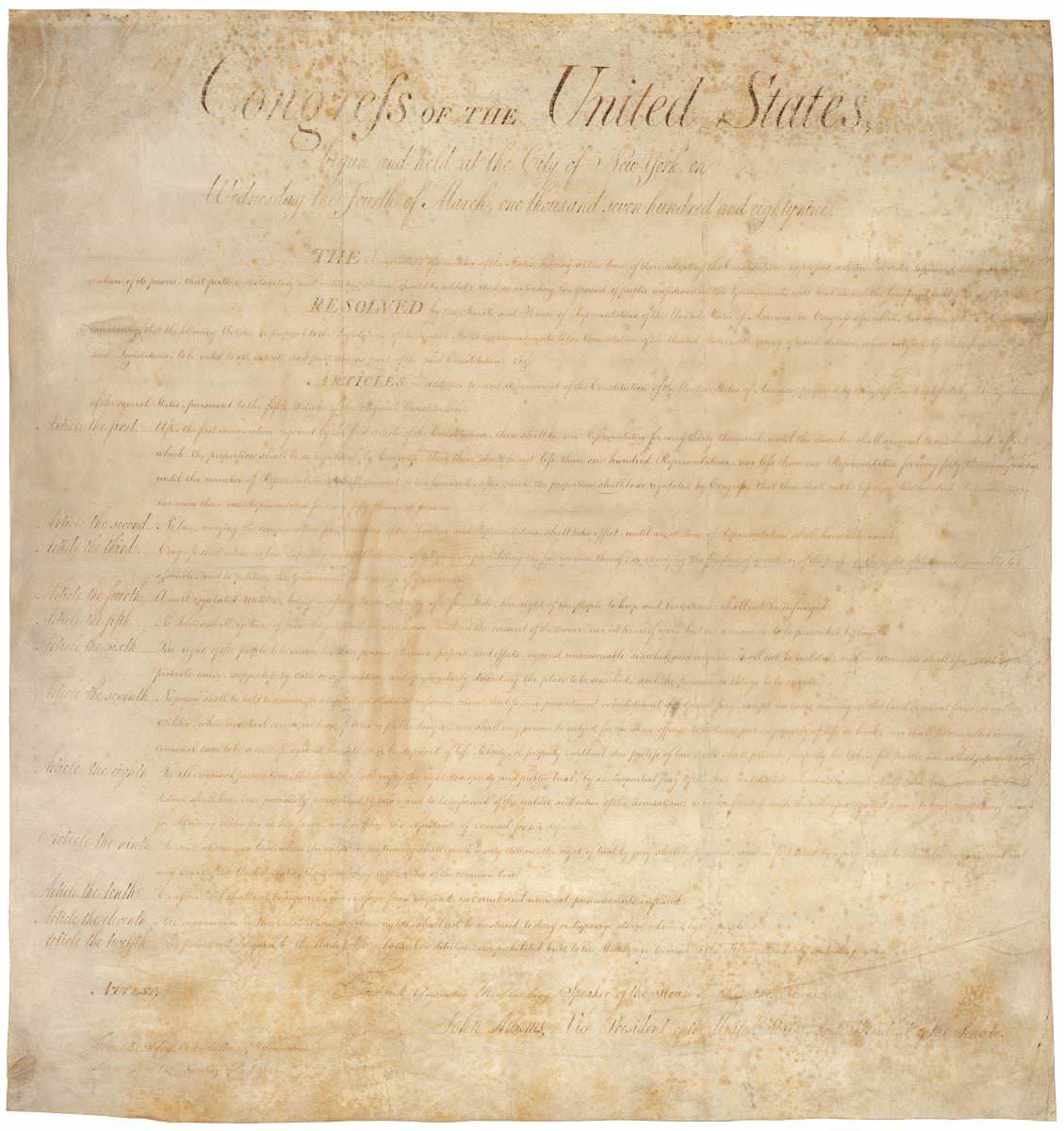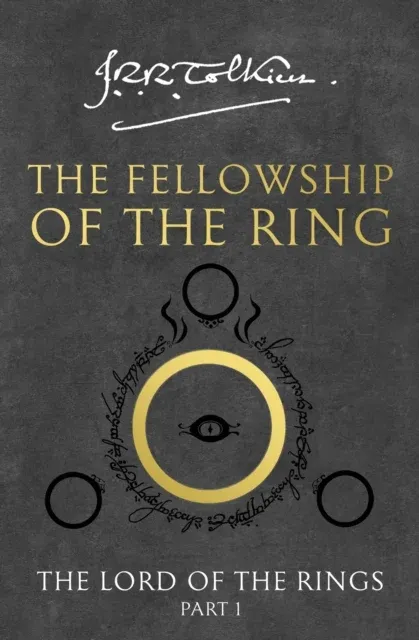The Bill of Rights

The first ten amendments to the Constitution of the United States are called the Bill of Rights. These additions gave the American people rights that the government could not take away.
The first amendment declared that the government would not have a state religion and would not impose any religion on anyone living in the U.S. This is also called freedom of religion. This amendment also gave citizens freedom of speech and press.
The second amendment stated that the citizens of the United States would be allowed to bear arms.
The third amendment declared that soldiers would not be allowed to lodge in other people's homes unless they are allowed by the owner.
The fourth amendment stated that the government would not be allowed to search someone's house unless a warrant is issued.
The fifth amendment declared that no one will be punished for a capital crime before being heard out at a grand jury.
The sixth amendment declared that in all criminal prosecutions, the accused would have the right to a trial before an impartial judge in the state where he committed the crime.
The seventh amendment stated that when the value of the crime exceeded 20 dollars, the accused would go to court for the crime.
The eighth amendment declared that "cruel and unusual" punishments such as excessive bail or fines will not be imposed.
The ninth amendment declared that the rights given to citizens in the Bill of Rights would not be used to deny other rights retained by the people.
The tenth amendment stated that the powers not given to the United States in the Constitution or prohibited by the states will be given to the states or the people.




